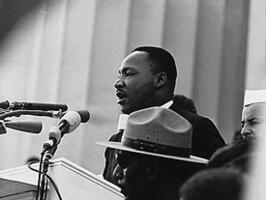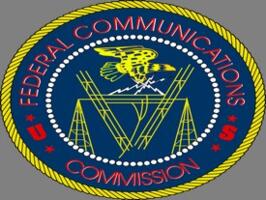South Carolina: Romney 35%, Gingrich 21%, Santorum 16%, Paul 16%
Jon Huntsman’s endorsement seems to be already paying off for Mitt Romney in South Carolina. With the former Utah governor’s decision to drop out of the Republican presidential race, Romney moves even further ahead in the latest Rasmussen Reports survey of Saturday’s South Carolina Primary.
The former Massachusetts governor now earns 35% support from likely South Carolina GOP Primary Voters, according to the latest telephone survey in the state. That’s up from 28% late last week. Former House Speaker Newt Gingrich remains in second place with 21% of the vote, followed by former U.S. Senator Rick Santorum and Texas Congressman Ron Paul, each with 16%. The vote totals for Gingrich, Santorum and Paul are unchanged from the previous survey. (To see survey question wording, click here.)
(Want a free daily e-mail update? If it's in the news, it's in our polls). Rasmussen Reports updates are also available on Twitter or Facebook.
This South Carolina survey of 750 Likely Republican Primary Voters was conducted on January 16, 2012 by Rasmussen Reports. The margin of sampling error is +/- 4 percentage points with a 95% level of confidence. Field work for all Rasmussen Reports surveys is conducted by Pulse Opinion Research, LLC. See methodology.






